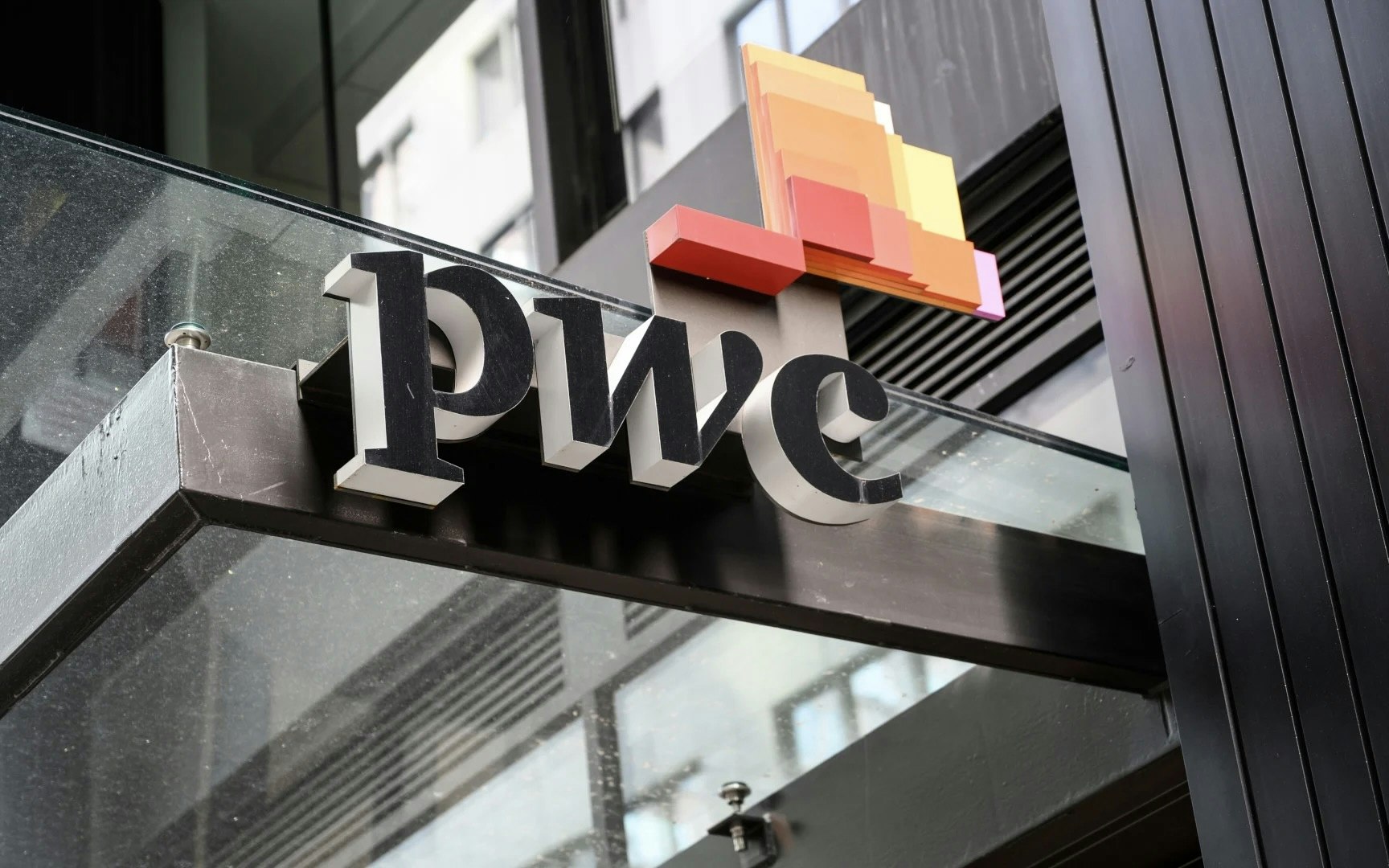Markets
US Endowments Increasingly Rely on External Investment Managers to Navigate Financial Challenges
In light of growing financial challenges, US endowments and foundations are increasingly shifting their investment management to external managers.

Small US endowments and foundations are increasingly outsourcing their investment management to external managers in order to gain access to profitable but illiquid alternative markets. This development comes at a time when traditional revenue sources are becoming increasingly volatile and operating costs are rising, intensifying the financial needs of the institutions.
The funds, which collectively manage trillions of dollars, have been struggling for years to generate consistent returns. The growing reliance on investment gains is a response to more volatile revenues and rising operating costs. To improve performance, the endowments are increasingly investing in alternative asset classes such as private equity and venture capital.
Studies Show a Significant Increase in the Use of External Investment Managers (OCIO).
External investment managers, supported by leading Wall Street banks and consulting firms, claim to be better equipped to navigate private investments than many small funds with limited capacities and access. However, the actual benefits remain disputed. Dennis Simmons, Executive Director of the Committee on Investment of Employee Benefit Assets, emphasizes: "OCIO is not a cure-all. It does not guarantee that an external team will outperform an internal one.
Despite the Concerns, Some Institutions Are Convinced of the Outsourcing Strategy.
The rising use of OCIOs is also favored by financial pressure factors. US inflation-adjusted charitable donations fell by 2.1% last year, according to the Giving USA Foundation. Declines in college enrollment and rising costs for higher education are further exacerbating the financial situation. Ned Rosenman, head of the OCIO unit for endowments, foundations, and family offices at BlackRock, describes the situation as "a perfect storm combination in recent years.
Nevertheless, the effectiveness of the OCIO strategy remains questionable. A performance index from Alpha Capital Management indicates that the sub-index for endowments and foundations has underperformed the S&P 500 and a standard investment mix of 60% US stocks and 40% bonds over the past decade. "To say that OCIO is always more cost-efficient is simply not correct," Simmons criticizes.
Despite mixed results, many endowments and foundations continue to rely on external managers to optimize their investment strategies and meet increasing financial demands. However, the long-term effectiveness of these measures remains to be seen, as the performance of OCIOs has not yet been clearly better than that of traditional in-house teams.






